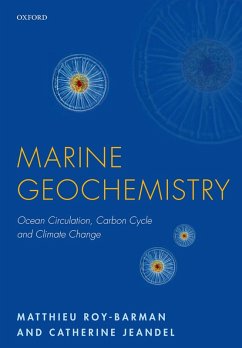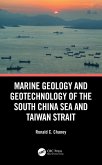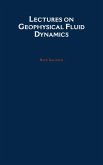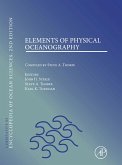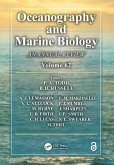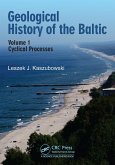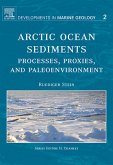Marine geochemistry uses chemical elements and their isotopes to study how the ocean works in terms of ocean circulation, chemical composition, biological activity and atmospheric CO2 regulation. This rapidly growing field is at a crossroad for many disciplines (physical, chemical and biological oceanography, geology, climatology, ecology, etc.). It provides important quantitative answers to questions such as: What is the deep ocean mixing rate? How much atmospheric CO2 is pumped by the ocean? How fast are pollutants removed from the ocean? How do ecosystems react to anthropogenic pressure? This text gives a simple introduction to the concepts, the methods and the applications of marine geochemistry with a particular emphasis on isotopic tracers. Overall introducing a very large number of topics (physical oceanography, ocean chemistry, isotopes, gas exchange, modelling, biogeochemical cycles), with a balance of didactic and indepth information, it provides an outline and a complete course in marine geochemistry. Throughout, the book uses a hands-on approach with worked out exercises and problems (with answers provided at the end of the book), to help the students work through the concepts presented. A broad scale approach is take including ocean physics, marine biology, ocean-climate relations, remote sensing, pollutions and ecology, so that the reader acquires a global perspective of the ocean. It also includes new topics arising from ongoing research programs. This textbook is essential reading for students, scholars, researchers and other professionals.
Dieser Download kann aus rechtlichen Gründen nur mit Rechnungsadresse in A, B, BG, CY, CZ, D, DK, EW, E, FIN, F, GR, HR, H, IRL, I, LT, L, LR, M, NL, PL, P, R, S, SLO, SK ausgeliefert werden.

